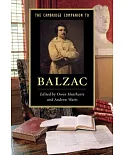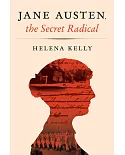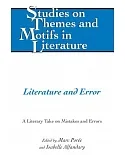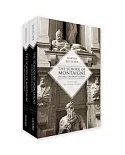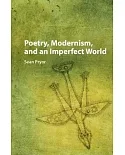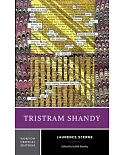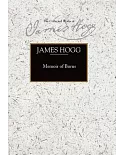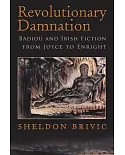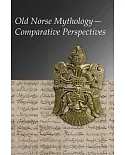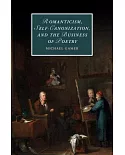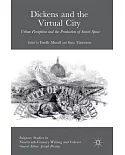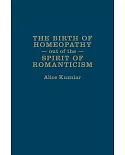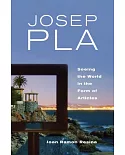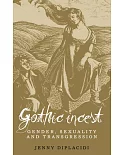A panel of authors, critics, and academics convened by the Literaturhaus in Munich in 1999 voted Robert Musil's The Man without Qualities the most important German novel of the 20th century.
Their collective judgment rests on strong foundations: on the work's encyclopedic compass, embracing intellectual, social, political, and cultural concerns embodied in themes of striking
originality; on its probing of key issues of Austrian and German life from the first four decades of the twentieth century; on the brilliance of its language, unsurpassed by any other
20th-century author writing in German. While this Companion gives The Man without Qualities the central focus it deserves, it also contributes to a deeper understanding of Musil's other
significant works; in harnessing a team of established scholars from North America and Europe to the task of providing an assessment of Musil's work, it sets new standards in scope and
originality. The analyses are embedded in an appreciation of the intellectual contexts of Musil's writing, yielding fresh insights into Musil's artistic accomplishment and into his place in the
Austrian and German cultural traditions of the 20th century. CONTRIBUTORS: PHILIP PAYNE, KLAUS AMANN, GALIN TIHANOV, MATTHIAS LUSERKE-JAQUI, SILVIA BONACCHI, CHRISTIAN ROGOWSKI, PETER
HENNINGER, WALTER FANTA, KARL CORINO, GENESE GRILL, BURTON PIKE, R�翹DIGER G�繞RNER Philip Payne is Professor of German Studies at Lancaster University, UK; Graham Bartram is Senior Lecturer in
German Studies at Lancaster University, UK; and Galin Tihanov is Professor of Comparative Literature and Intellectual History and Co-Director of the Research Institute for Cosmopolitan Cultures
at the University of Manchester, UK.


